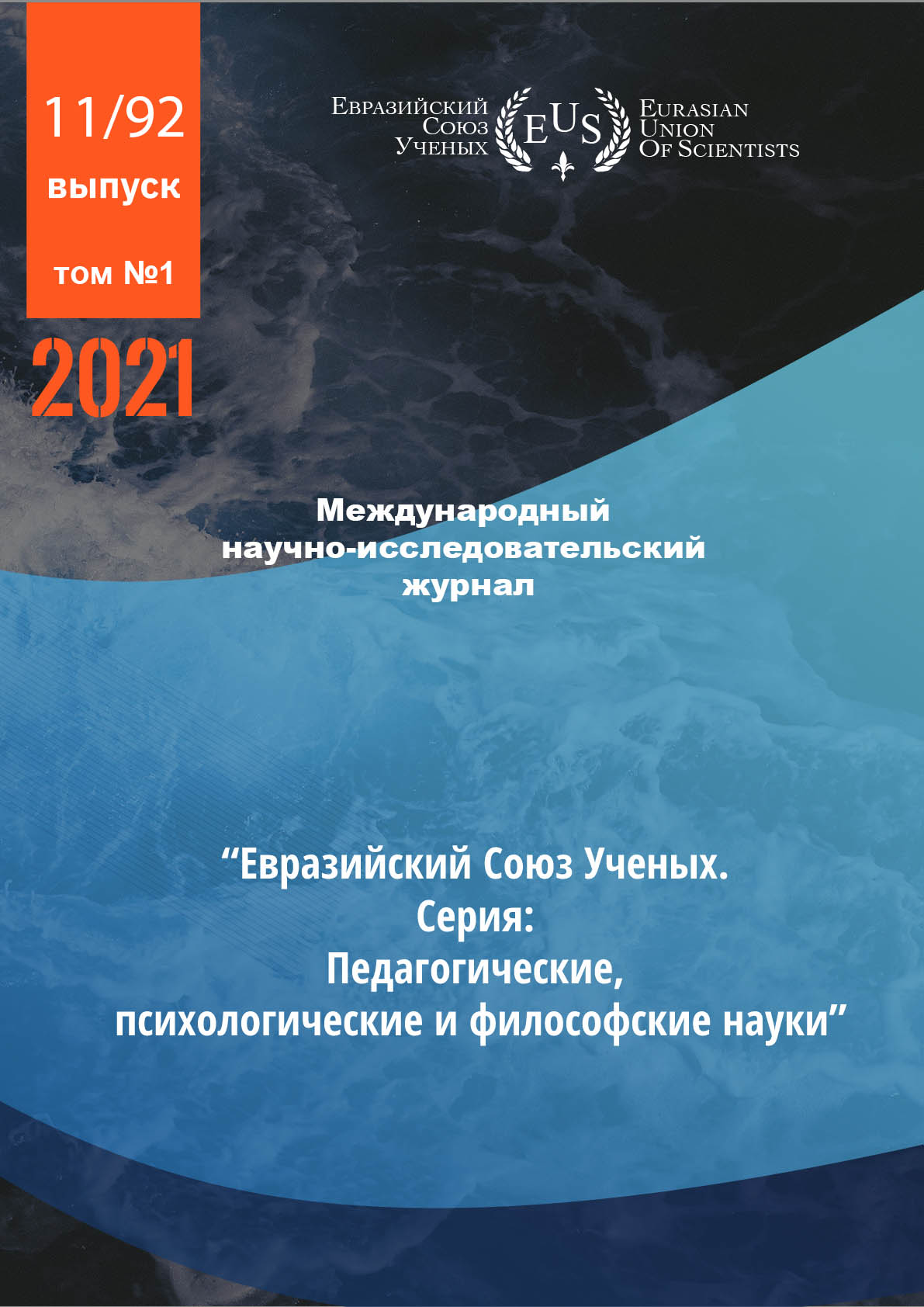MENTAL HEALTH OF OLDER PERSONS IN THE CONTEXT OF CONTEMPORARY REALITIES
Abstract
The article is devoted to the consideration of the peculiarities of maintaining the mental health of the elderly in modern society. Special attention is paid to new formats of communication, the impact of digital technologies, as well as the restrictions associated with the COVID-19 pandemic.
References
The new sociology of ageing / Martin Slattery. London: Routledge advances in sociology, 2021. 318 r.
Pavlova N.S., Sergienko E.A. Subektivnoe kachestvo zhizni, psihologicheskoe blagopoluchie, otnoshenie k vremennoj perspektive i vozrastu u
pensionerov, vedushih raznyj obraz zhizni // Vestnik Sankt-Peterburgskogo universiteta. Psihologiya. 2020. T. 10. № 4. S. 384-401.
Aging in the context of urbanization: social determinants for the depression of Chinese older population / Fan Yang. London: Routledge, 2021. 178 r.
Petrova N.N., Hvostikova D.A. Rasprostranennost, struktura i faktory riska psihicheskih rasstrojstv u lic starshego vozrasta // Uspehi gerontologii. 2021. T. 34. № 1. S. 152-159.
Vogelsang, Eric M. Population Aging and Health Trajectories at Older Ages // The journals of gerontology. 2019. Volume 74: Number 7; pp 1245-1255.
CC BY-ND
A work licensed in this way allows the following:
1. The freedom to use and perform the work: The licensee must be allowed to make any use, private or public, of the work.
2. The freedom to study the work and apply the information: The licensee must be allowed to examine the work and to use the knowledge gained from the work in any way. The license may not, for example, restrict "reverse engineering."
2. The freedom to redistribute copies: Copies may be sold, swapped or given away for free, in the same form as the original.





